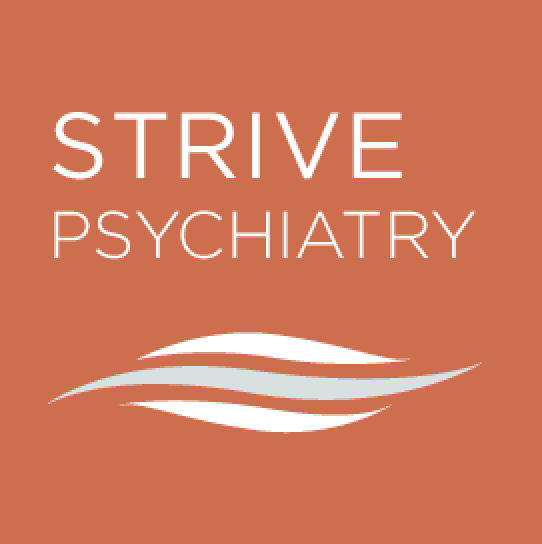Many new mothers deal with depressed moods right after giving birth. While these feelings normally dissipate within the first few weeks, some find that their symptoms are persistent, intense, and overwhelming. These women likely have Postpartum Depression (PPD). For some, recognizing the difference may be difficult, but a key indicator of PPD is how long these symptoms last. Though the term “Postpartum” refers to the 12 months after birth, PPD can begin during pregnancy and can last up to 12 months after.
Having PPD is not an indication of poor parenting; rather, these symptoms are a result of a clinical condition that may require professional help. Many treatments for Postpartum Depression are successful, and new moms find relief and remission of symptoms after reaching out for help.
